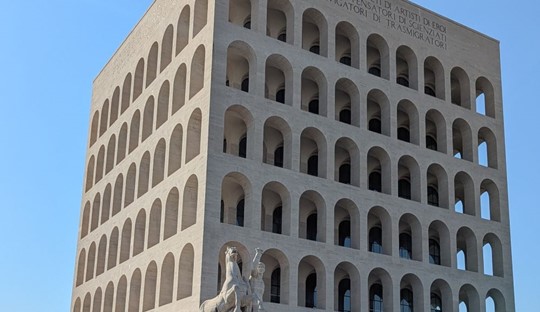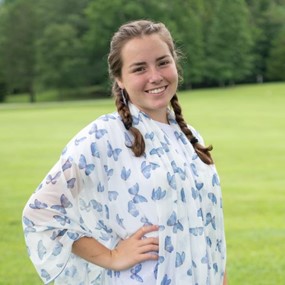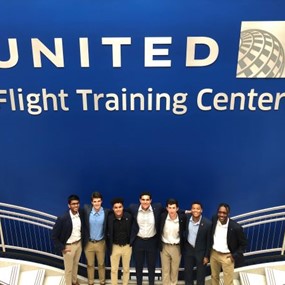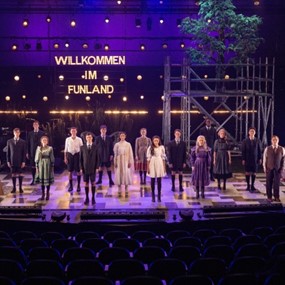The Power of Place: Reflecting on a Summer in Rome
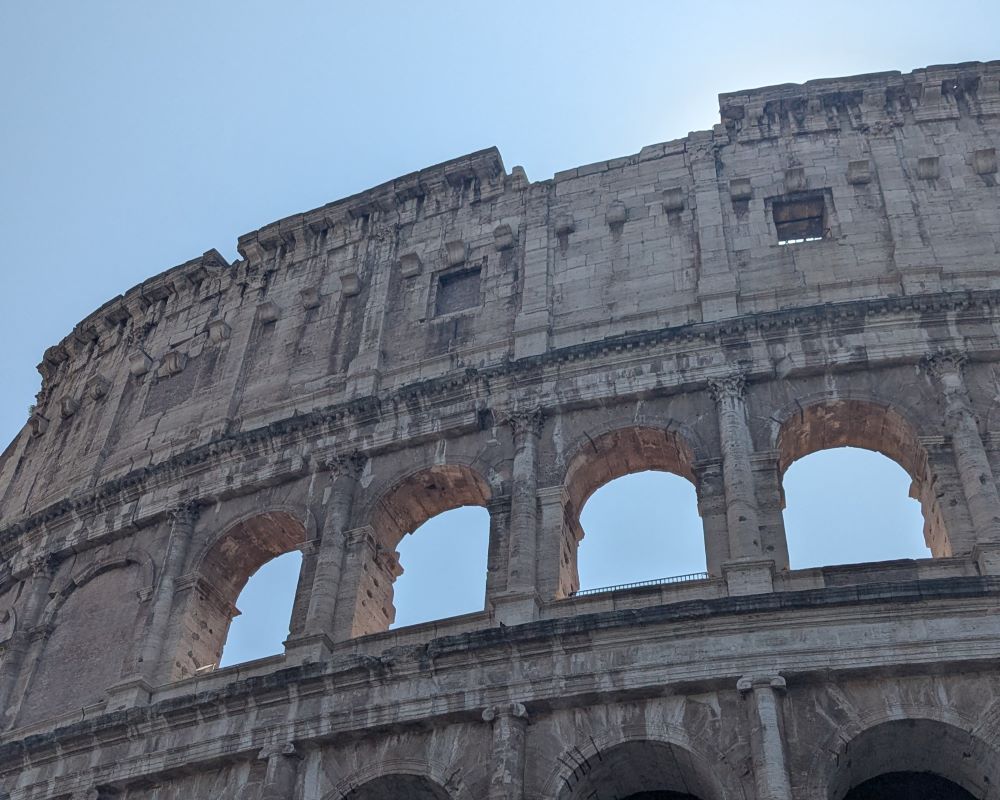
Johnathon Keller, a doctoral student in the Department of History, lived in his research this summer by studying abroad in Rome, Italy. Following his completion of the Rome Summer Archival Seminar, Keller reflected on the power of his independent study across the sites that bring history from the page to the present.
Math has often been cited as the universal language, but there is nothing more universal or fundamental to the human experience than the sharing of stories. The historical profession, at its core, captures this fundamental reality. Historians weave together the surviving fragments of individual stories into narratives that generate discourse between momentous events and seemingly trivial experiences. These historical narratives do not merely recover the events of the past, but provide insight on the world we, as individuals, Auburn students, and global citizens, share.
The days I spent sitting in the Italian Central State Archives, I was in a privileged position to read the stories—or the fragments of stories—of an entire nation. Voices from Venice, Milan, and Turin, for instance, echoed in the collections of documents I sifted through over the past summer. The weight these voices held was not lost on me either. My trip to and from the archive was a somber reminder of the care that must be taken in working with an individual's stories and memories.
At the Piramide metro stop, there is a sobering monument commemorating the tragedy and martyrdom of those killed by “Fascist barbarism” in the final years of World War Two, as the plaque reads. There are five metallic silhouettes, each representing a distinct group targeted by Fascist violence: a silhouette bearing the Star of David is in the center, flanked by the symbols of various factions in the resistance movement on both sides.
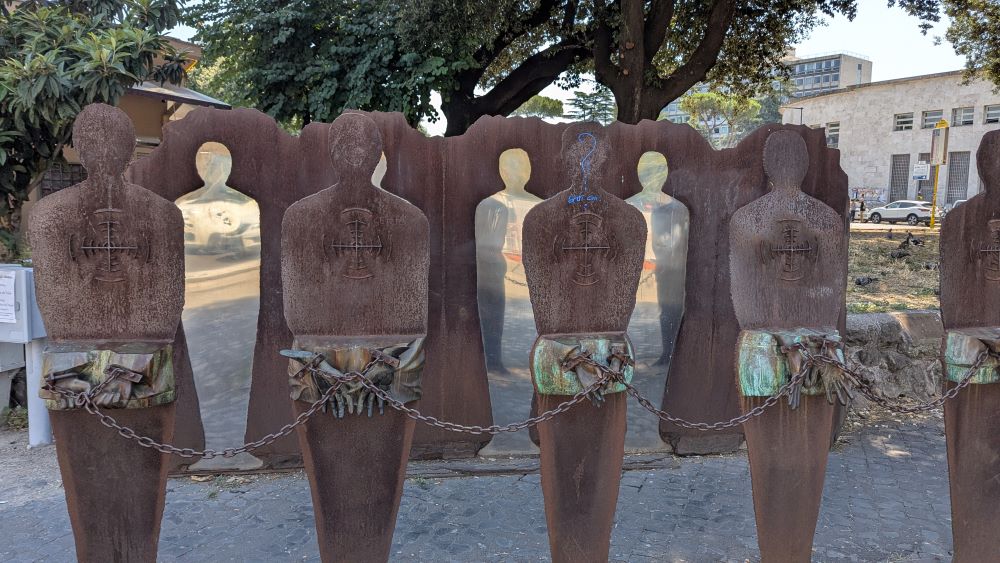
The viewer, as they walk past, sees targets on the backs of these silhouettes, with their hands chained behind their back. When one looks at the silhouettes, the passerby sees not just the choreographed imagery of the monument, but themselves. Across from the metallic silhouettes are mirrors in the shape of the opposing silhouettes. This monument explicitly places the contemporary viewer in the place of those who were murdered by the Fascists and Nazis in the final years of the war.
Both the first and last time I saw the monument were equally gripping experiences. To see the monument was an experience that forced me to sit and grapple uncomfortably with the privilege I had to read and analyze the stories of individuals, not unlike the echoes captured within the monument at Piramide. This experience encapsulates the power of studying abroad and spending an extended period of time in the place(s) in which one studies. Names, places, and dates that feel distant, both temporally and physically, become palpable as their echoes are felt when confronting them routinely. While this is perhaps the most vivid of the experiences, my time in Rome was filled with these encounters with the past: from Mussolini’s Obelisk in northern Rome to the EUR district the regime had built in anticipation for the never-to-come 1942 World Fair, featuring impressively large murals etched in the sides of buildings and the Fascists modern spin on classic Italian architecture, such as the ‘square colosseum’.
I am both filled with gratitude by and deeply indebted to the support of Auburn University in making these transformative experiences during the past two months of archival research possible. I would like to extend a special thanks to Auburn University, and in particular the College of Liberal Arts and the Department of History, as well as the assistance of the Graduate School, for their tremendous support. Auburn University is a special place, and the promise of a unique, life-changing educational experience is more than sloganeering.
Support global learning opportunities by giving to the Department of History.
